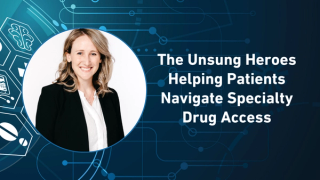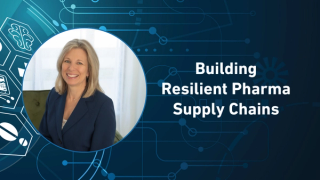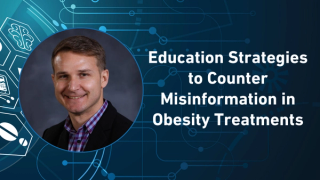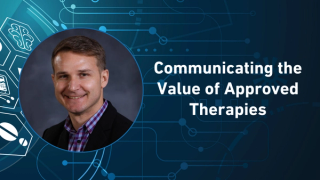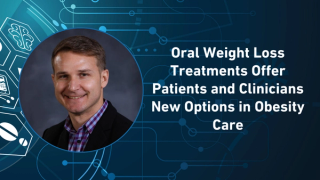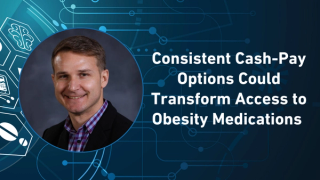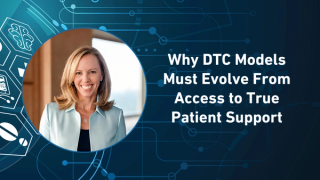
Patient Support
Latest News

Latest Videos

Podcasts
More News

This episode of Pharma Pulse covers new research showing how obesity at age 20 increases postpartum diabetes risk, Amgen’s new direct-to-consumer digital platform aimed at improving treatment access, and Eli Lilly’s $1 billion investment to strengthen manufacturing in India.

Amid intensified competition—and evolving IRA and PBM dynamics—leaders in the access space must now adopt a strategist mindset.

The new 5-million-cubic-foot biorepository enhances cold chain logistics, expands biopharma storage capacity, and strengthens New Jersey’s position as a life sciences hub.

This episode of Pharma Pulse covers the potential ramifications of a federal government shutdown on FDA operations, Aetna’s newly announced 2026 Medicare Advantage offerings, and new research showing maternal and child mortality rates in the US remain higher than in most high-income nations.

Marketed as cost-saving tools, AFPs can also strain safety-net resources.
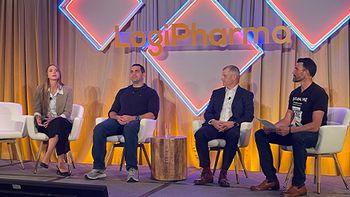
Experts from Moderna, Revelation Pharma, and Alexion offer ways to reduce risks, improve real-time visibility, and ensure product integrity in the growing ship-to-home market.

This episode of Pharma Pulse covers ATA’s warning that telehealth protections are critical to maintaining care access during a potential federal shutdown, new KFF data showing the rapid rise of Medicare Advantage special needs plans, and Halozyme’s $750 million acquisition of Elektrofi to expand its drug delivery portfolio.

Supply chain leaders share strategies to address persistent drug shortages, highlighting vulnerabilities, manufacturing complexities, and the importance of cross-industry collaboration.

Capturing insights from executives and industry experts on the biggest challenges shaping pharma today, from drug pricing pressures and access barriers to supply chain shifts, digital adoption, and evolving patient-centered care strategies.

Through its “BMS Patient Connect” platform, the company is lowering out-of-pocket costs and providing nationwide shipping, making the treatment for affordable and accessible for US patients.

Closed Loop Medicine Debuts WeDosify in US to Personalize GLP-1 Dosing and Improve Patient Adherence
The platform enables clinicians to tailor GLP-1 titration at scale, aiming to reduce discontinuation rates and improve long-term outcomes for patients undergoing obesity treatment.

Takeda will be shipping treatments between Europe and the US using VELA’s sailing cargo trimaran, potentially reducing greenhouse gas emissions by up to 99% when compared with air freight.

A new JAMA Network Open study highlights how over-the-counter oral contraceptives can reduce barriers to care, especially for uninsured, rural, and adolescent populations, amid shifting federal policies on reproductive health.

By reducing waste, improving forecasting, and strengthening payer negotiations, these technologies are helping pharmaceutical companies unlock efficiency, accelerate adoption, and differentiate in competitive markets.
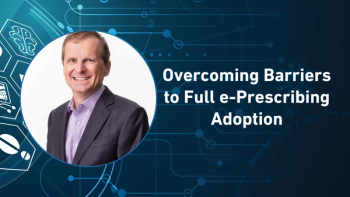
In the final part of his Pharma Commerce video interview, Diogo Rau, executive vice president and chief information and digital officer for Eli Lilly and Company, focuses on physician demand, global momentum, and how US legislation can help the industry finally move beyond paper.

In the second part of his Pharma Commerce video interview, Diogo Rau, executive vice president and chief information and digital officer for Eli Lilly and Company, highlights that cutting down on the 90 billion sheets of paper used for medicine inserts each year isn’t just an environmental win—it’s also a critical step toward making drug information more accessible for patients with vision challenges, language barriers, or cognitive and physical disabilities.
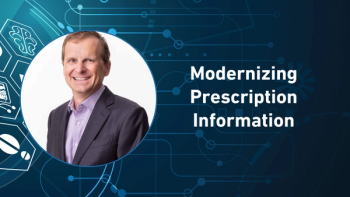
In the first part of his Pharma Commerce video interview, Diogo Rau, executive vice president and chief information and digital officer for Eli Lilly and Company, explains how the Prescription Information Modernization Act of 2025 aims to replace package inserts with digital-first documentation, providing patients with better access to understandable medication guidance in the process.
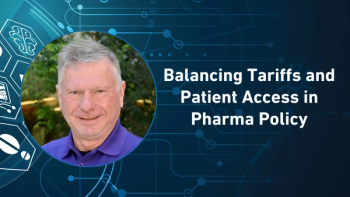
In the final part of his Pharma Commerce video interview, Dave Malenfant, a healthcare supply chain expert, emphasizes that patient access must remain the top priority, even amid steep tariffs, citing cases like orphan drugs and oncology treatments where government flexibility is essential.

As of today, Aug. 27, wholesale distributors must fully comply with the Drug Supply Chain Security Act’s enhanced drug distribution requirements, closing the FDA’s exemption period and advancing efforts to strengthen patient safety and supply chain integrity.

The merger integrates EVERSANA’s commercialization services with Waltz Health’s AI-powered payer tools to address patient affordability, streamline drug access, and reduce costs for high-expense therapies such as GLP-1s.

This episode of Pharma Pulse covers a new collaboration to expand access to GLP-1 therapies via LillyDirect, Pfizer’s Phase III miss in sickle cell disease, and how patient portals are improving access to care while creating new workload challenges for providers.

The integration aims to simplify access to Zepbound for eligible members while providing comprehensive, whole-person care to support safe use, adherence, and management of related chronic health needs.

This episode of Pharma Pulse explores AbbVie’s $195 million investment to expand US API production, new survey results showing mail-order and supermarket pharmacies outpacing traditional chains in customer satisfaction, and rising affordability pressures as insurers restrict GLP-1 coverage.
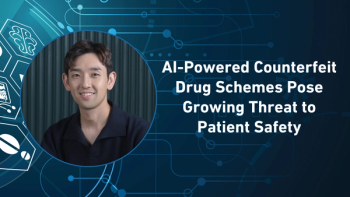
In the first part of his Pharma Commerce video interview, Mark Lee, MarqVision’s founder and CEO, warns that counterfeiters are using generative AI to clone pharmaceutical packaging, build convincing fake websites, and manipulate search results. rapidly outpacing enforcement efforts and putting patients at serious risk.

As pharma drug pricing debates heat up, the 340B program faces mounting challenges from outdated regulations, duplicate discounts, and limited transparency.






